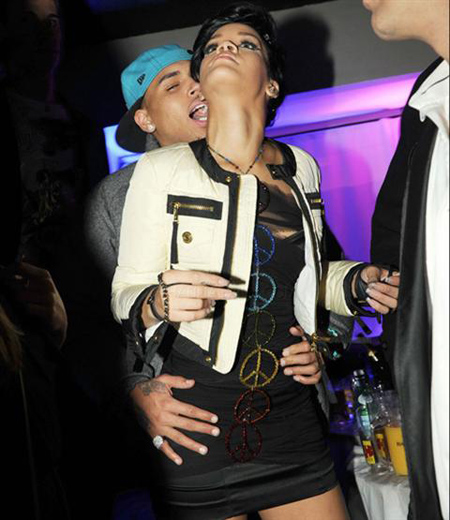
Stop In the Name of Love
by Meredith Hight
The assault caused Robyn F ’s mouth to fill with blood and blood to splatter all over her clothing and the interior of the vehicle. Brown looked at Robyn F and stated “I am going to beat the s–t out of you when we get home! You wait and see!”
-- the police report on the night of Chris Brown’s alleged assault on Rihanna
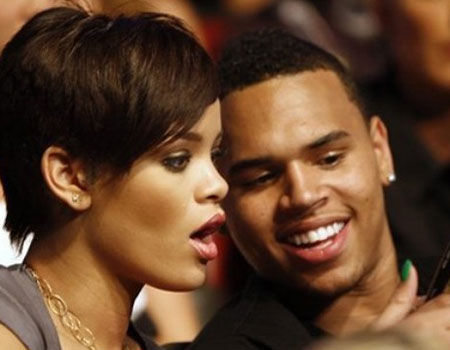
You want to say, this is unbelievable. How could he do that?
A few weeks later, and they are back together. How could she stay with him? You want to be surprised, but the truth is, you find this not altogether surprising. How it hurts to watch it all unfold, though — because you know what she is feeling. You know why she stays. She loves him, despite it all. And he loves her. They are young, they are confused, and they think they have found themselves in what feels like love.
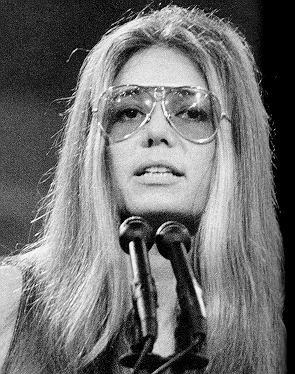
I waited for Gloria Steinem, Anna Quindlen, Elizabeth Wurtzel, Naomi Wolf, someone, to write the seminal essay on the Chris Brown and Rihanna incident, about what it means. I wanted to hear a clear voice, to parse through the media’s breathless reaction to every report about Diddy’s beach house or the supposed duet, a primer on domestic violence, someone who will adamantly but not righteously condemn abusers. I haven’t seen it.
Oprah came close with her special on domestic violence with the sometimes obnoxious and occasionally insightful Tyra Banks. But I wasn’t entirely satisfied by the show, in part because the phrase “domestic violence” makes me cringe a little. Violence is violence is violence. Deeming it “domestic” seems to suggest that it’s a personal, private matter, of the home and to be dealt with by those in relationships.
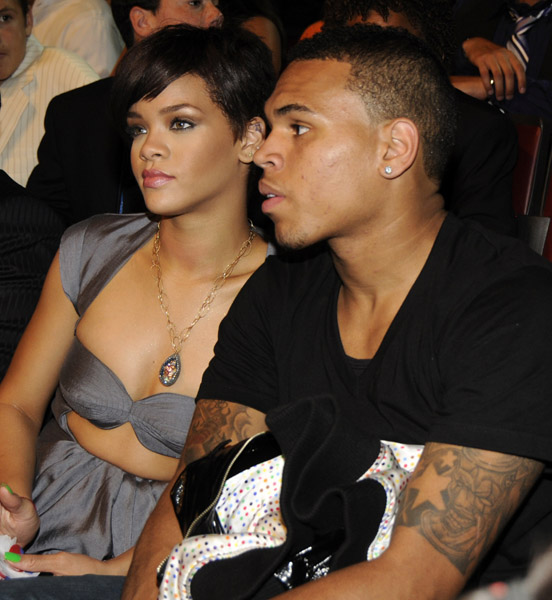
To start, Oprah was clear about a couple of things. Love doesn’t hurt, and a man who hits you once is going to hit you again. But she also did not condemn Brown directly or specifically, which I actually appreciated. Tyra explained how she became involved in an emotionally abusive relationship, even at a time when she was at the height of her career as a supermodel.
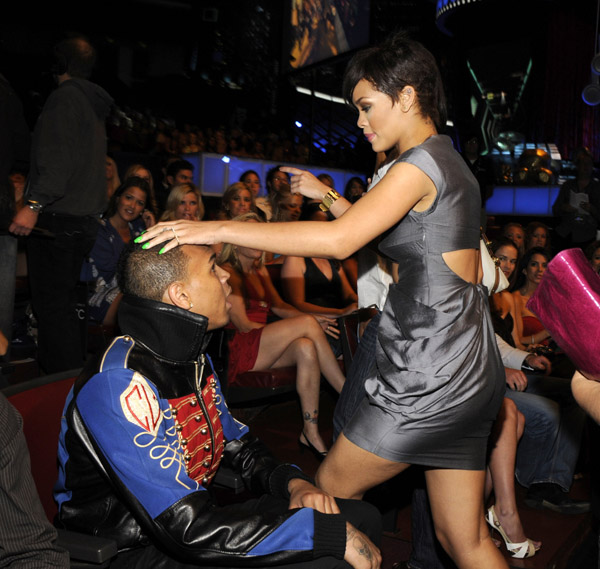
Tyra’s self-esteem was low, because a man had recently rejected her. She felt if she did not “win” this other man in particular, then, she was a failure —even though he was abusive and controlling.
The cultural expectation that you are not complete unless you are coupled, combined with applying a Type A personality to your personal life, is what can drive this feeling of failure, especially for women. I have held on to men, just for the sake of wanting to make something work. “Making it work” works for Tim Gunn on Bravo. This does not work in relationships. Especially when you realize you have been accidentally dating gay men.
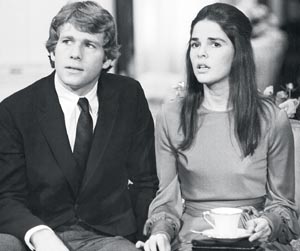
Regardless, the real point of Tyra’s example is that there is a reason women enter into these relationships. Lifetime movies would lead you to believe that this could happen to any woman, at any time. That entering into a relationship with an abuser can happen as easily as meeting the man of your dreams at your neighborhood grocery store.
I disagree, and though I have no psychological training, no personal experience in having been a part of an emotionally or physically abusive relationship, I want to explain why.
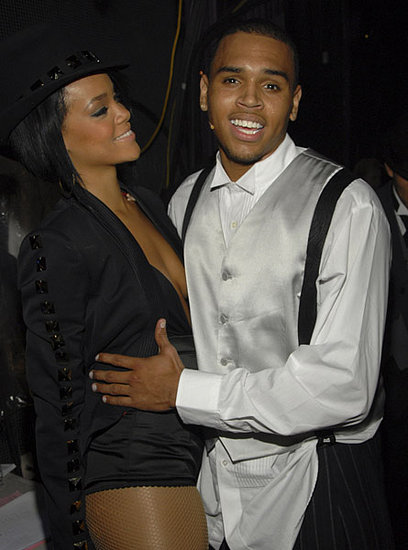
As Oprah said, when you stay with a man who abuses you, it’s “because you don’t think you’re worthy of being with a man who won’t.” Most women (and some men), get involved in these relationships because they lack a sense of self, of worth.
But again, there’s a broader point. We have come to believe that most abusive relationships involve an abuser and a victim. But the fact of the matter is, an abusive relationship involves two victims.
[youtube=http://www.youtube.com/watch?v=HqVCPLFjNhw]
Chris Brown talked about how scared he was as, from the impressionable ages of 7 to 13, he witnessed his mom being hit by a boyfriend. Asked what he learned from that experience, Brown said: “When a woman in love, she do anything.”
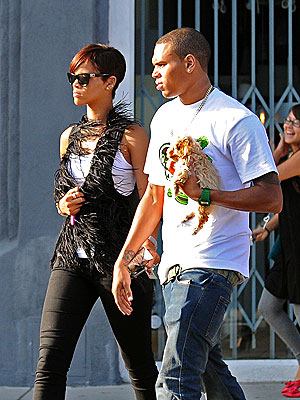
What Brown took away, is that if a woman is in love, she is willing to be hit. She is willing to endure abuse. For some women, this is sadly true. They believe that love validates them, makes them worthy and renders them whole, and the idea of losing that love, is terrifying. So, they stay.
I sympathize with these women, but I also find this infuriating. I have had enough of “love” being cited as a reason by women for accepting and enduring abuse and neglect.
Those feelings are just feelings: they are not a reason, especially if the way a man has actually treated a woman is not taken into account.
As Brittany, who also appeared on Oprah, said of her abuser, “He was the first guy I felt like, really understood me. And that really, I connected with.” The same guy is in prison now because of the abuse he inflicted on her, which included throwing her out of his apartment, naked in the night and shoving a shirt down her throat to suffocate her. She is pregnant with his child.
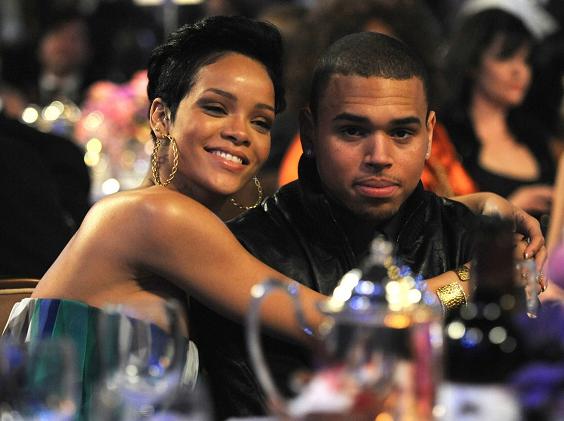
Men in these relationships seem to know the power of these “feelings.” But these men want and need love, too. Often they have not had a model for a normal, functioning and healthy relationship, but that doesn’t take away the very basic human need to be loved — and it is in this sense that they are a kind of victim, too. Not knowing the appropriate way to love, they seem to seek an all-consuming love. At the slightest threat to that love, to their control, they can become physically violent.
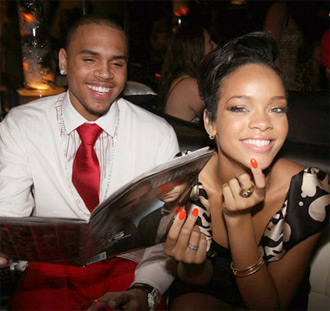
Let me be very clear. Abuse is absolutely, never acceptable. But when I consider how or why it happens, it seems to come down to a power struggle for love, between the two involved in the relationship. Which neither of them can really give to the other, because neither of them even knows or understands what real love means.
It does not help that we are as a culture swept up in a hopeless romanticism that seems to supersede the reality of relationships. Which is to say, they can be hard, and it is a lot of work, to bring two lives together – and that feeling, the romance, is the easy part. Life is far more complicated than any of those feelings.
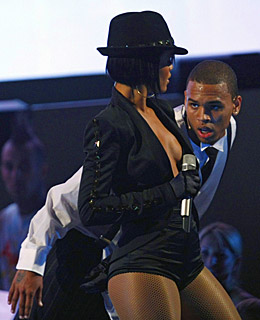
We can judge Rihanna, or Chris Brown, or their publicists, the media, and righteously condemn violence. We can say, she should leave, he should be ashamed of himself, and he could have killed her. And we’re not wrong to say that. But what we should talk about is real love. How we need examples of that, in our culture, in the media, in our lives. Especially for those who grew up in an abusive environment.
Love means never needing to wipe the blood from your mouth after he’s hit you.
Meredith Hight is the senior contributor to This Recording. She tumbls here.

"Bitch, I Love You" - Black Joe Lewis (mp3)
"Hate That I Love You" - Rihanna ft. Ne-Yo (mp3)
"I Do Not Hook Up" – Kelly Clarkson (mp3)

PREVIOUSLY ON THIS RECORDING
Marshall didn’t need hot tips.
Podhoretz vs. Buruma.
Love to drown.